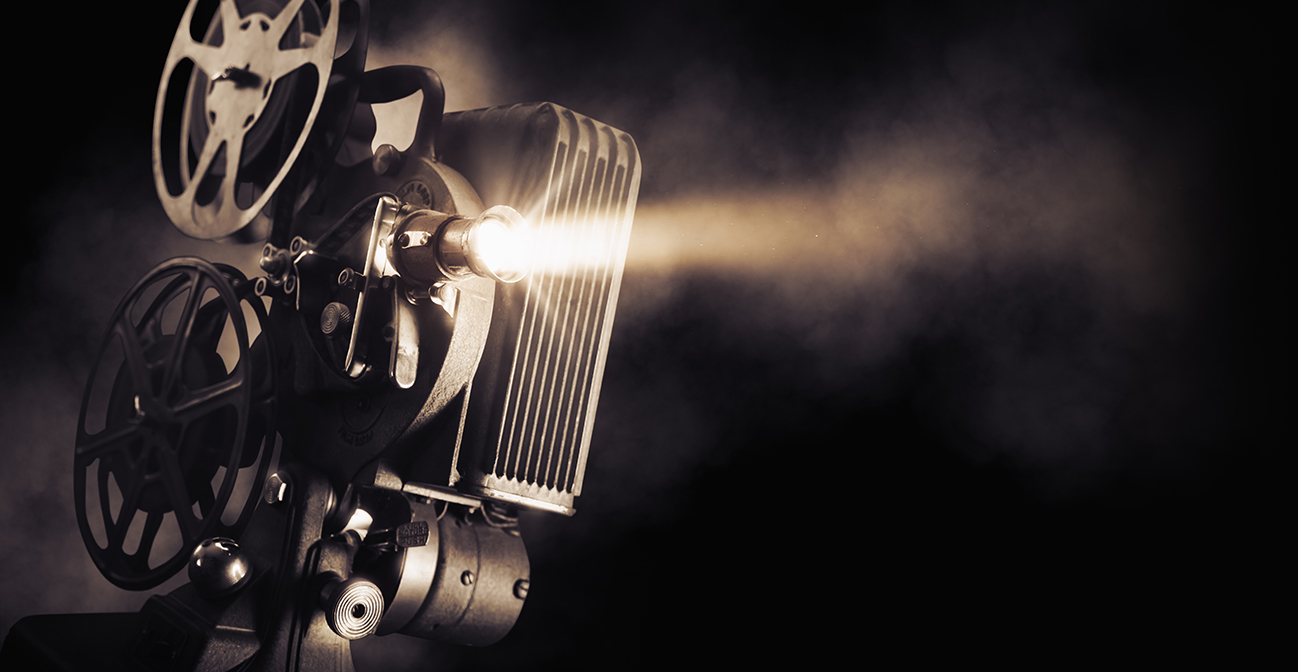-

The Last of the Mohicans (1992)
Michael Mann’s grand mythologising of colonial America forecasts a solemn future in The Last of the Mohicans, and yet it is also through the cross-cultural relationships formed between Europeans and Native Americans that seeds of harmony are planted, miraculously blooming in the unfertile soil of war.
-
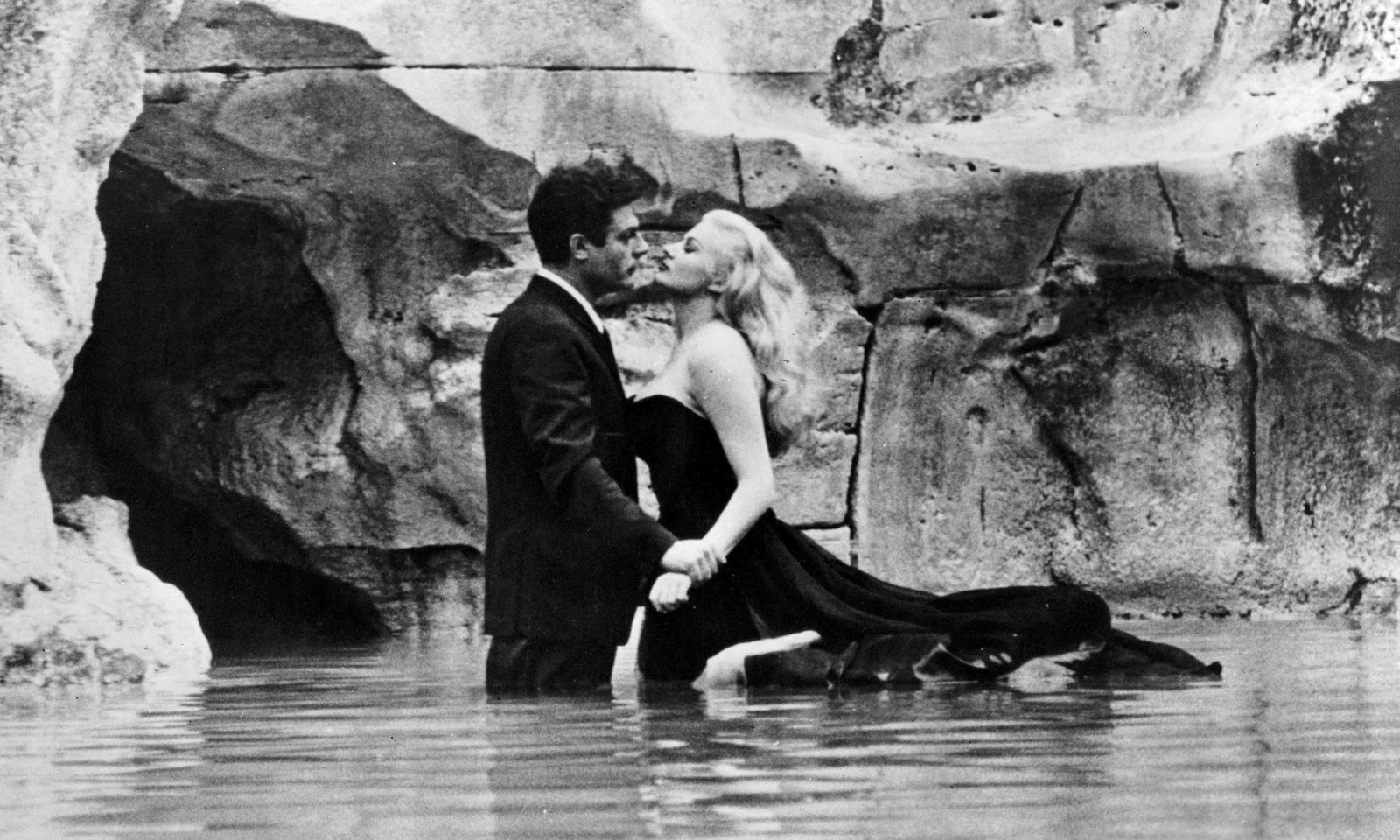
La Dolce Vita (1960)
Through Federico Fellini’s cynical subversion of theological iconography and episodic parables, La Dolce Vita traces a tortured soul’s weary descent to the depths of an amoral, existentialist hell, examining modern-day Rome’s spiritual corruption to ultimately become one of cinema’s great religious epics.
-
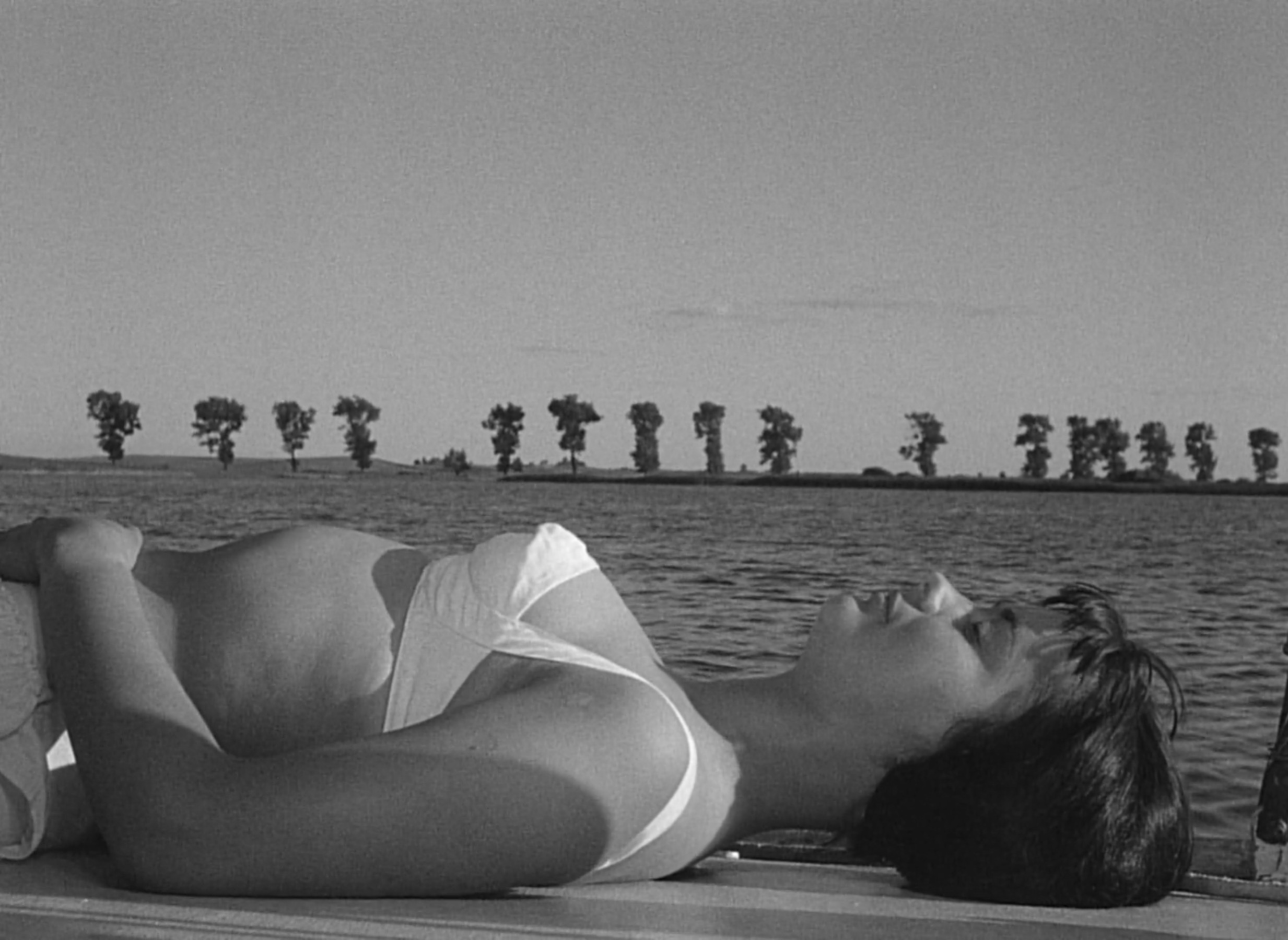
Knife in the Water (1962)
Although the hitchhiker in Knife in the Water is spontaneously invited along as a plaything on a wealthy couple’s yacht, the insecurity he sparks transcends class boundaries, as Roman Polanski acutely stages a series of power plays that slowly strips away pretensions of dignity and moral character.
-
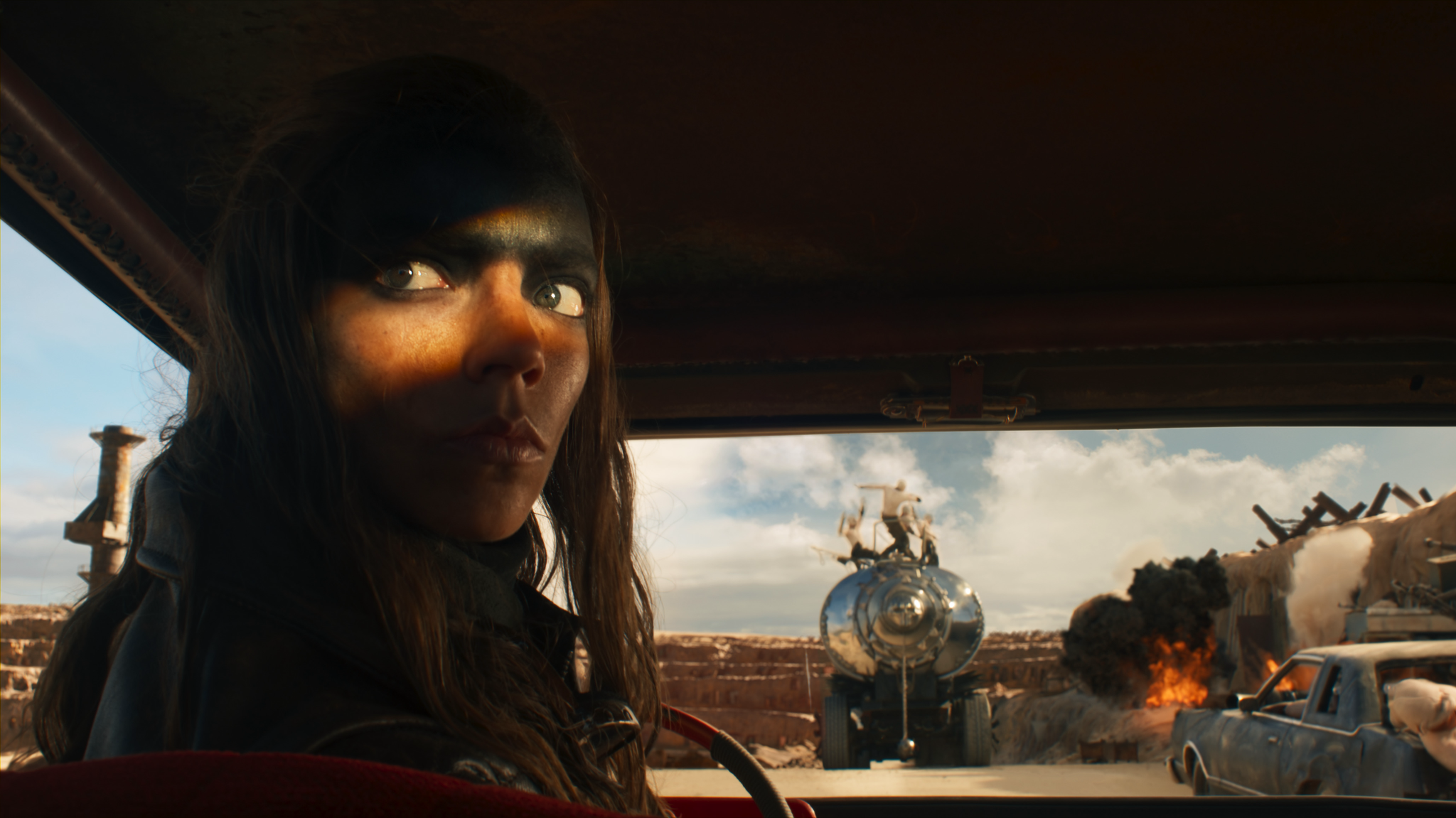
Furiosa: A Mad Max Saga (2024)
A return to the Mad Max series once again turbocharges George Miller with raw, high-octane vigour, as Furiosa expands its demented, post-apocalyptic wasteland to remarkably expansive proportions, and gives us even greater reason to admire its titular warrior as a force of undistilled willpower.
-
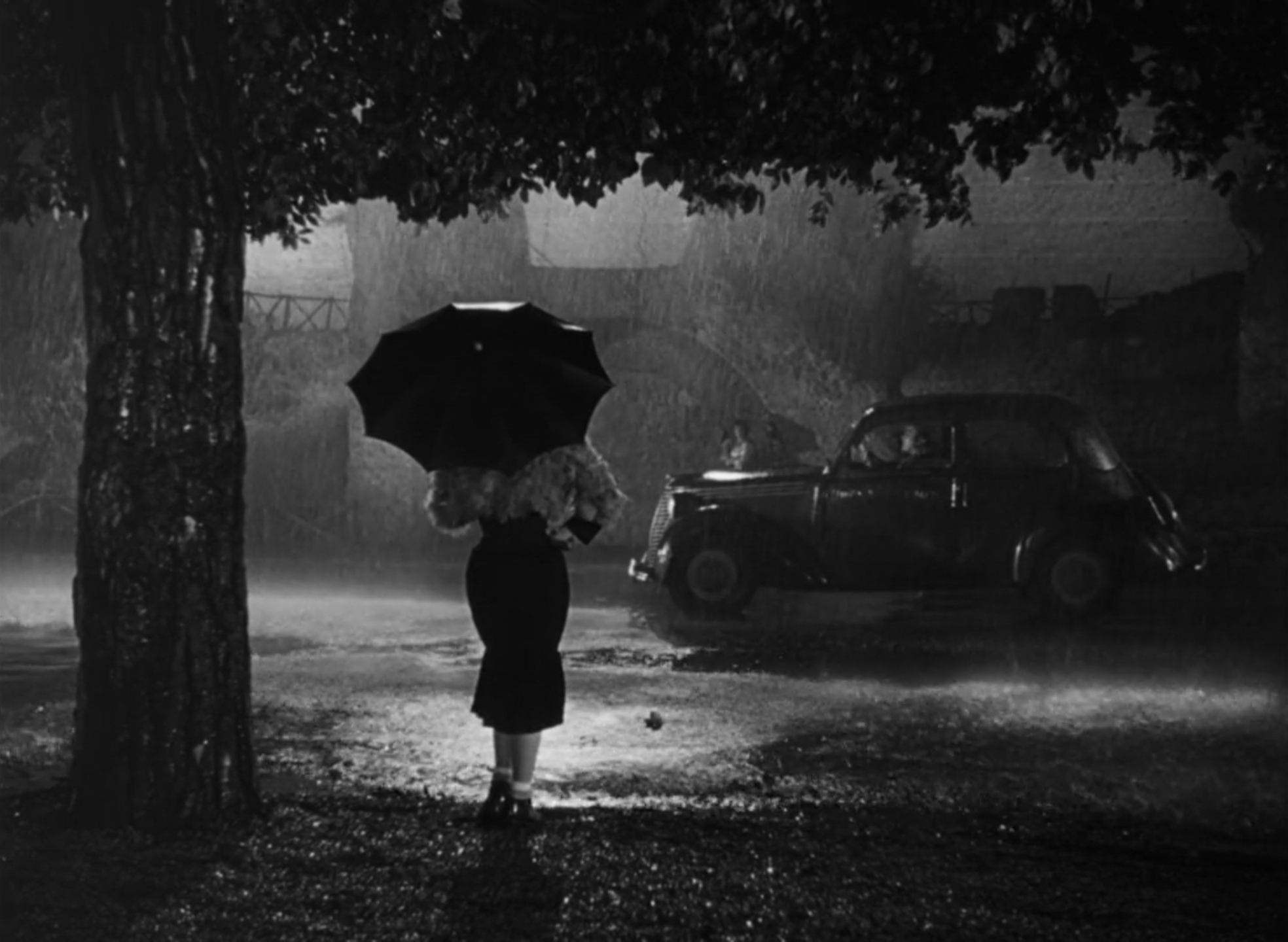
Nights of Cabiria (1957)
With an intelligent employment of religious and demonic imagery at hand, Federico Fellini and Giulietta Masina craft one of the most indelible cinematic characters of the 1950s, allowing us an empathetic vessel through which we contemplate the religious hypocrisies and class struggles of post-war Italy.
